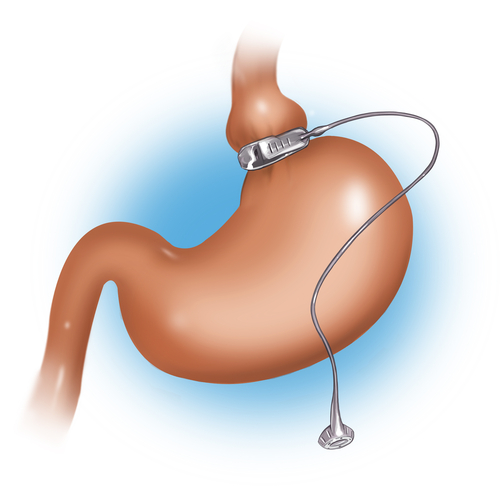Individuals undergoing gastric bypass surgery to reduce body mass experience an increase in brown/beige adipose tissue, but not for reasons previously predicted by scientists. The increase in brown/beige adipose tissue results in increased thermogenesis in the cold, but does not appear to be the result of an increase in hypothalamic activity induced by cold temperatures.
“In rodents, the brown adipose tissue is under the control of sympathetic signals originating in the hypothalamus,” explained Dr. B Rachid, lead author on the study investigating this topic, “Distinct Regulation of Hypothalamic and Brown/Beige Adipose Tissue Activities in Human Obesity,” which was published in International Journal of Obesity. To explore the possibility of a connection between brown adipose tissue and the hypothalamus in humans, which had never been explored previously, the researchers evaluated twelve patients undergoing Roux-in-Y gastric bypass surgery for hypothalamic activity and gains in brown/beige adipose tissue.
The researchers first tested the twelve patients and twelve lean controls for hypothalamic activity in the brain following exposure to cold. Hypothalamic activity could be identified by functional magnetic resonance, as certain parts of the brain “light up” when playing an active role in maintenance of the body. Additionally, the patients’ brown/beige adipose tissue was quantified for changes since first evaluation.
“Body mass reduction resulted in a significant increase in brown/beige adipose tissue activity in response to cold,” stated Dr. Rachid. “However, no change in cold-induced hypothalamic activity was observed after body mass reduction.” As a result, the researchers could not draw a correlation between brown/beige adipose tissue activity and hypothalamus activity in either the obese gastric bypass surgery patients or the lean control individuals.
In order to understand the mechanism for an increase in brown/beige adipose tissue, more research is necessary. Although in rodents the interplay is between the hypothalamus and the brown adipose tissue, this is not the case in humans. However, the research is of interest to those pursuing gastric bypass surgery, as increasing evidence is pointing to the positive role that brown fat plays in positive health and quality of life. Further research in the future could unlock new insights into how the weight loss ascribed to gastric bypass could facilitate brown fat activity in the body.


